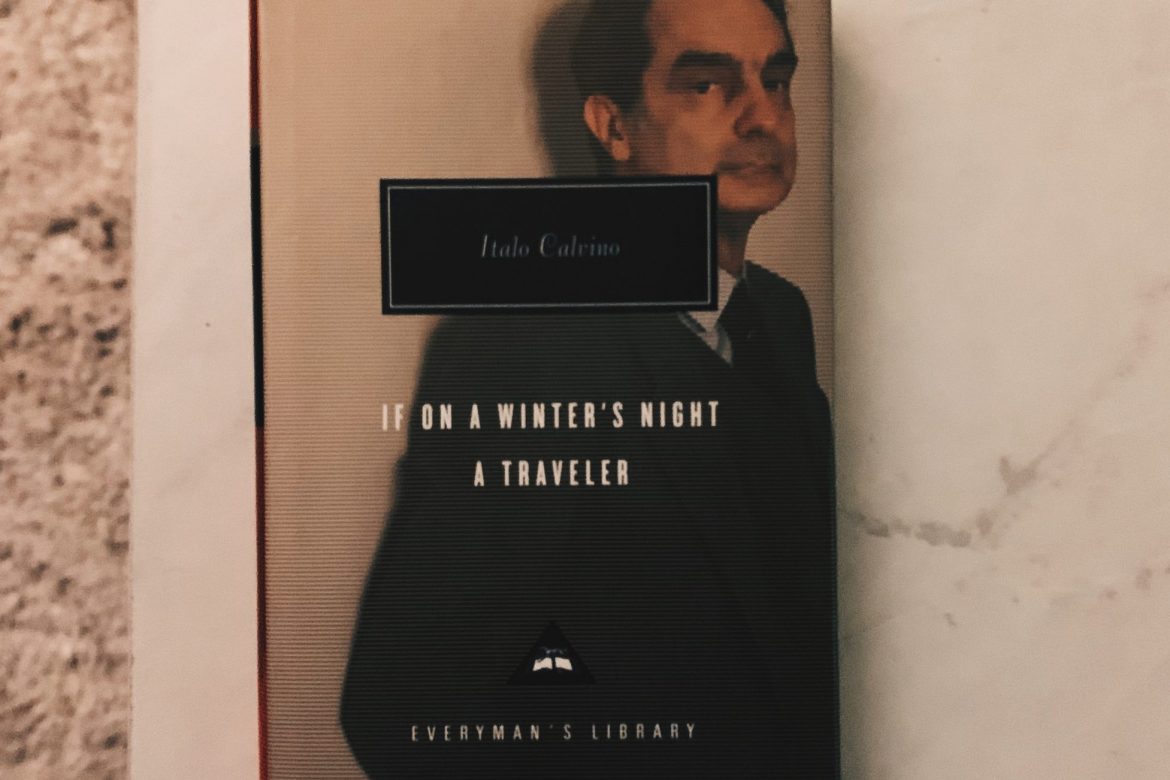
If on a Winter’s Night a Traveler | Italo Calvino
One sentence:
Uhhh… I think I loved it but I’m not sure?
Three thoughts:
- I love all the metacognition (if that’s what you’d call it).
- This book reminds me a LOT of S. So much that I wonder if this one influenced that one.
- Some of these chapters were dense AF and I flew through others.
Rating
- Characters: 5/5. This book was based on a weird, interesting premise. It’s told in second person, so that the reader becomes one of the active characters in the book. Calvino pulls it off really well. I was intrigued by Ludmilla, but I’d have really enjoyed learning more about her as a person, rather than just as a love interest for the male characters. There were lots of unnamed characters in the various stories; some were more interesting than others.
- Plot: 4/5. The idea is great and executed very well. There were some parts towards the end, though, that were a bit confusing (the arrest, for example) and seemed a bit unnecessary. Or at least rushed.
- Setting: 3/5. I’m beginning to understand that I struggle with visualization and picturing a setting in my head. In this story, the setting is pretty vague and doesn’t play much of a part in the story. In fact, I literally have no idea when or where the story takes place. (Oh boy… I wonder if that’s just me?) However, I kinda wonder if that’s intentional. If you, the reader, are meant to be a character in the book, perhaps the setting should be imprecise, ambiguous.
- Style/Voice: 3/5. As I mentioned before, this book gets dense from time to time. It’s verbose and grandiloquent and that gets a bit dull. Having said that, I LOVE the way each of the individual stories has it’s completely own mood and atmosphere. Each character is a new person and there’s no chance that the stories are, in fact, a continuation of one another.
- Theme: 5/5. I think that a lot of themes are address in this book, but one that really stood out to me is reality vs. illusion. In lots of small ways throughout the entire book, there are examples of this, with the author questioning what’s actually real. When we read a book, is it it’s own thing or is it changes by what the reader brings to it? Is the writing that an author produces valid as it stands alone, unread, or is it only “real” writing when it’s read and appreciated? There’s also a lot of emphasis on whether we see others as they truly are. A lot to consider here.
Overall Rating: 4.0

Leave a Reply